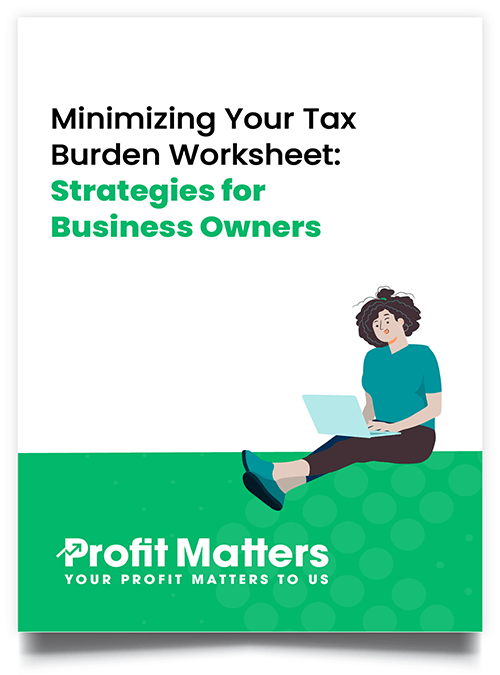They are in charge of maintaining order in a company’s business records, preventing and detecting errors and fraud, setting complex budgets and forecasts, among other things. In the real sense, these professionals are always at the core of any business.
So, why all this talk about the responsibilities of a bookkeeper in your business?
The answer is simple – if a bookkeeper or accountant fails in their duty to the business, the chance of failure of the entire company significantly rises. To prevent this from happening, business owners need to know when things are not right in the accounting department.
We’ve highlighted three critical red flags that will tell you all is not well as far as bookkeeping in your business is concerned. Take a look below:
Non-responsiveness
Listen: no one should have to struggle to communicate with their accountant or bookkeeper and if you are, then chances are he’s an idiot. However smart the bookkeeper may be, you shouldn’t have to deal with their lack of proper communication skills.
You are the client and he is the service provider; it only makes sense for them to make your work easier and not harder. Smart service providers know communication in business is key – they should reply to your emails on time, respond to calls as well as texts.
If you’re getting anything less, you might be dealing with someone who is also not good with their tech. Such people never have a support system in place. They’re most likely understaffed, with no administrators or answering services.
The point? If you’re not able to establish a good communication line with your bookkeeper whether inhouse or not, you’re definitely getting a raw deal for your money.
Not Proactive
One of the main reasons why bookkeepers and accountants get fired today is because they’re not proactive enough. Street-smart entrepreneurs will tell you how fast-paced the business world is and if you’re going to work with a sluggish bookkeeper, then forget about securing a slot among the few successful names in your industry.
Look: the fact that you’ve hired a bookkeeper to help you stay compliant with your tax obligations doesn’t mean that their work is to simply file your taxes and take a backseat for the rest of the month or year. Nowadays, various applications help you file returns, and the only core reason you need a tax expert is for them to give you sound advice to help you save big on your tax bills.
Good accountants and bookkeepers are good advisors. They go beyond their obvious roles and certainly don’t shy away from solving the not-so-obvious problems for their clients.
Lastly, He Just Isn’t on Your Side…
Let me ask you:
Have you interreacted with those bookkeepers or accountants who believe they’re an extension of the IRS? Well, if you haven’t, count your lucky stars…But if you have, then you know too well how annoying they can be.
Normally, they’ll tell you how you can’t do this or that…without providing you a better way of doing it. But don’t misquote us, we’re not saying accountant should be against the IRS. Rather, we believe that a good accounting professional will know how to strike a win-win for both the taxman and his client. If there are legal loopholes for saving taxes, then they should be explored fully, nothing more, nothing less.
If a bookkeeper isn’t doing things that serve your interest, then they’re not on your side and it’s time to look for a better alternative.
As the year rolls out, take a keen interest on your bookkeeper to evaluate all the three red flags we’ve highlighted above and discover whether he’s an idiot or not. If he’s an idiot, you know the drill: find yourself someone better. Otherwise, you’ll live to regret.


